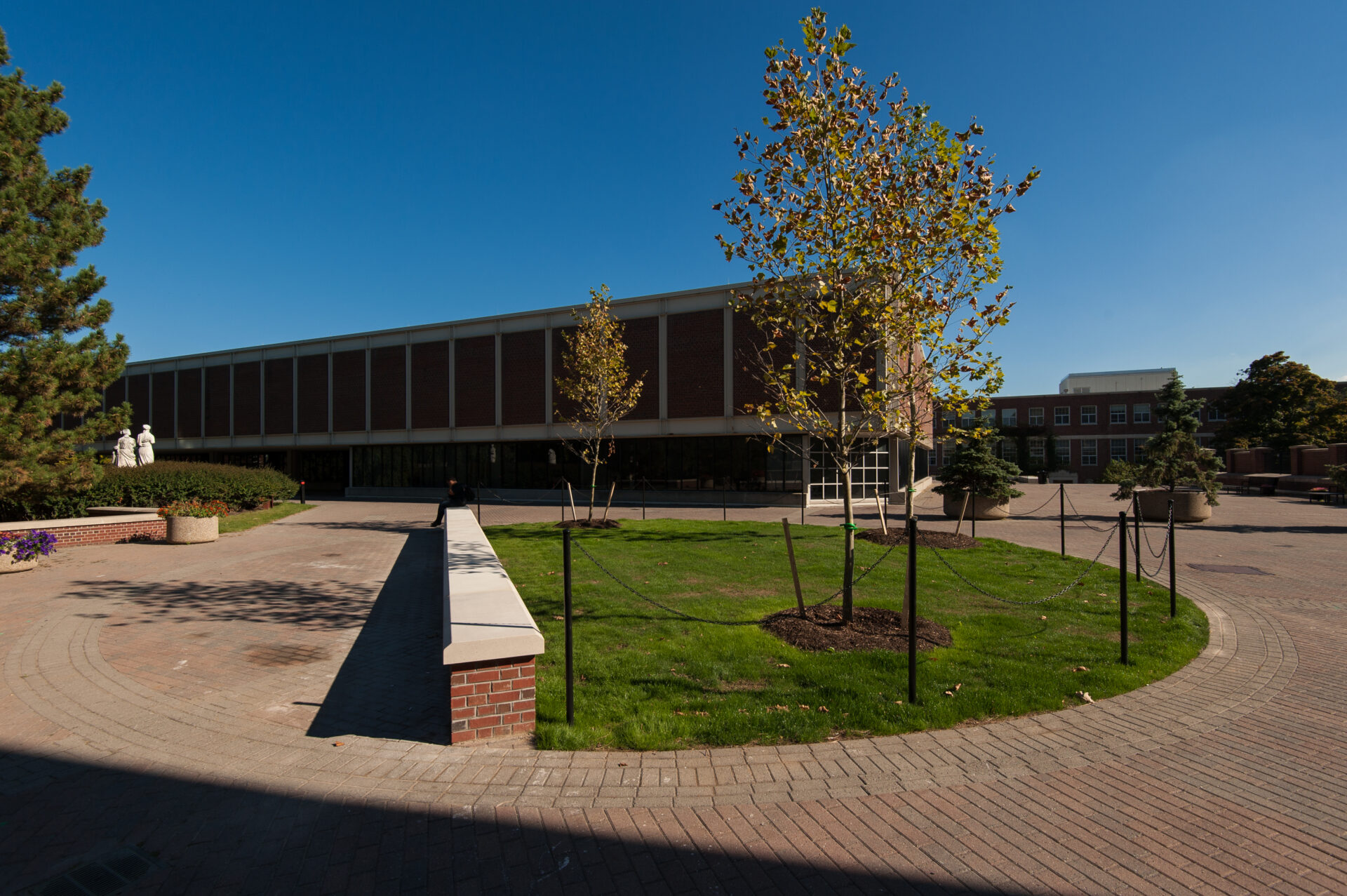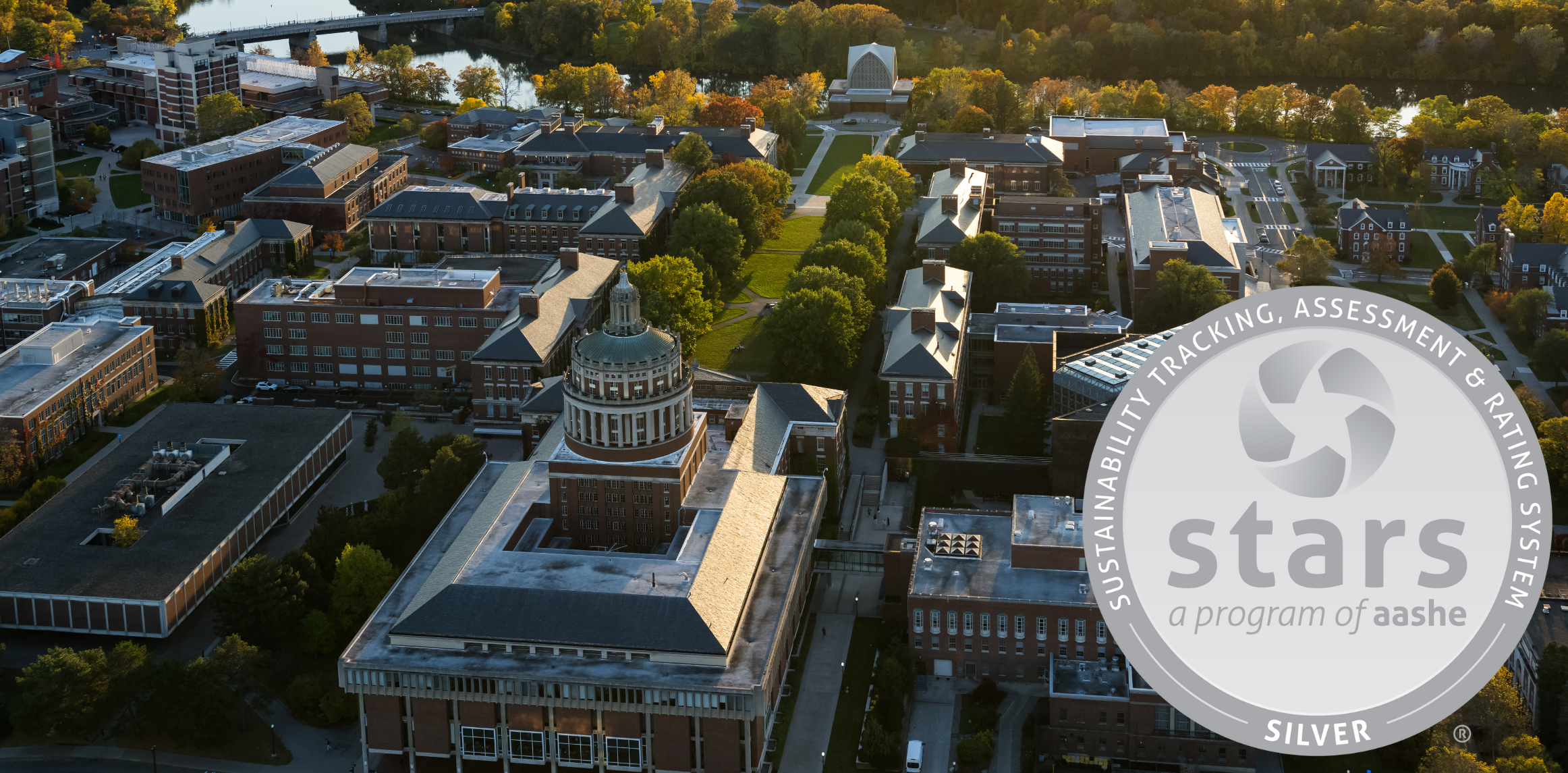The University is set to embark on a transformative energy efficiency project for Meliora Hall with the approval of an upgrade to its outdated building control systems. This initiative is expected to significantly enhance energy efficiency, reduce emissions, and improve occupant comfort.
Meliora Hall, the second-largest energy consumer on the River Campus, houses specialized research facilities that require precise environmental controls. The existing HVAC system, installed in the 1990s and early 2000s, operates continuously to support these research requirements, resulting in significant energy waste. Although the specialized facilities occupy only about one-eighth of the building, their demanding environmental control needs combined with inflexible controls result in the whole building operating inefficiently.
As part of the upgrade 15 different improvements will be implemented, including the replacement of outdated digital and pneumatic controls. Some of the major changes include decoupling systems to ensure ventilation and cooling are provided only where and when needed. This also involves installing demand-controlled ventilation (DCV) systems that adjust airflow based on occupancy and carbon dioxide levels, as well as programming schedules tailored to classroom use.
The project is expected to reduce Meliora Hall’s annual energy consumption by 24%, equating to a decrease of 669 metric tons of CO2 emissions annually, which is equivalent to taking 156 cars off the road or 90 homes worth of energy emissions each year. Additionally, these HVAC improvements will save approximately $290,000 per year in energy costs. The project also includes upgrades to other buildings, such as Rush Rhees Library and several academic and medical center buildings.
“This project aligns perfectly with the University’s sustainability goals, reducing energy usage while maintaining comfort for occupants,” said Richard Stein, Assistant Director of Building Controls and Energy Operations.
“Many people think that efficiency equates to discomfort, but that is rarely the case. This upgrade should actually improve people’s comfort,” emphasized Timothy Van, Energy Engineer.
Meliora Hall’s optimization represents a significant step toward the University’s long-term sustainability targets and will serve as a model for future energy efficiency projects. Since HVAC systems account for about 60–70% of the building’s energy consumption on campus. By targeting HVAC systems building by building, the University can significantly reduce its environmental impact and enact our MELIORA values.
Written by Luisa Luna-Gastelum (‘25)




